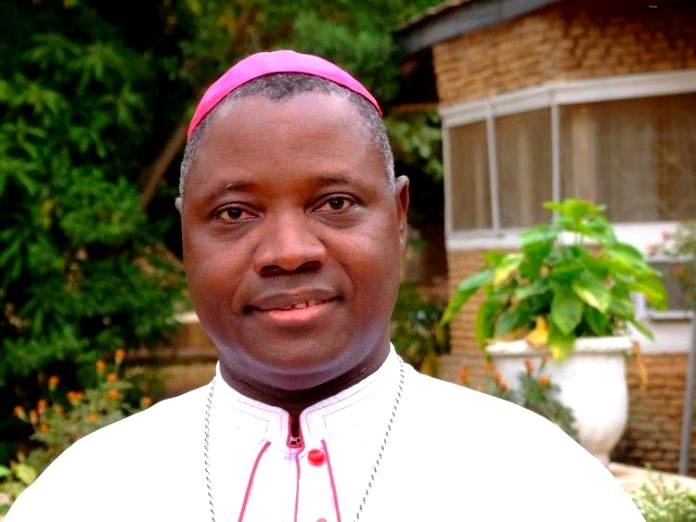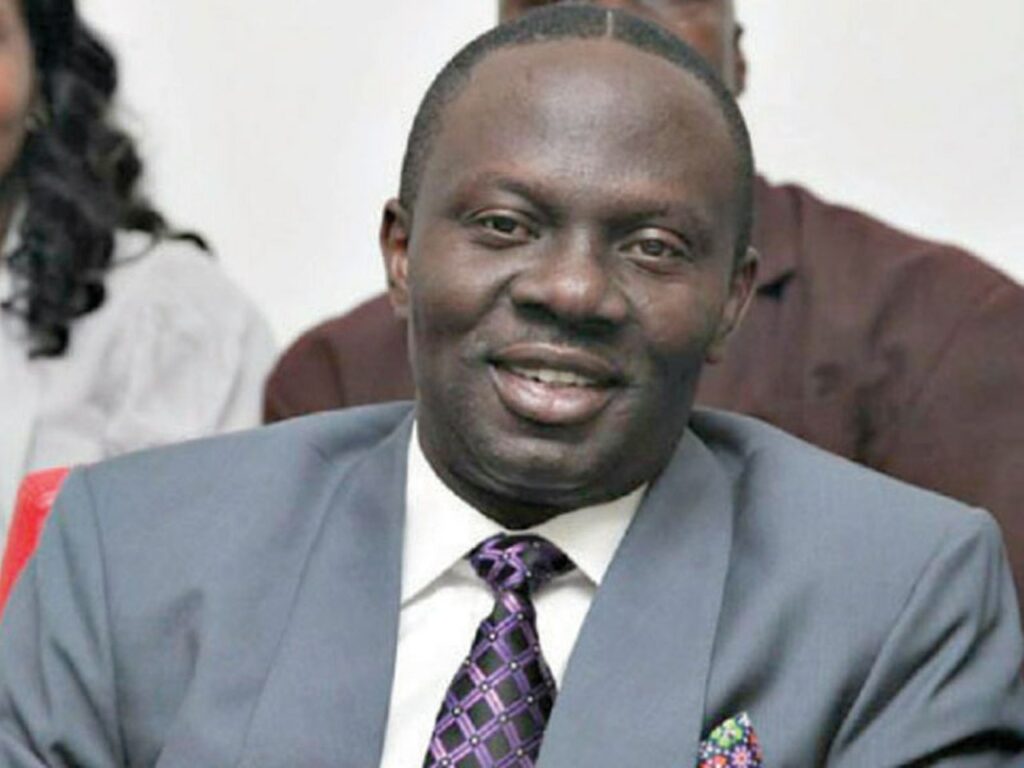#TrackNigeria: Refreshing the memories of Nigerians before discussing the views of the International Monetary Fund (IMF) on Nigeria’s public debt of N24.837 trillion and fears that the debt could be unsustainable is necessary to put matters in context.
It is on record that while responding to the IMF’s comments, Minister of Budget and National Planning, Udoma Udo Udoma, and his Finance counterpart, Mrs. Zainab Ahmed, emphasized that the debts are sustainable, though they also concede that the country has a huge revenue shortfalls, which is being addressed.
Many Nigerians may recall that the administration of President Muhammadu Buhari inherited an economy in recession in 2015. The recession was caused by a combination of factors: very low oil prices, low oil production, the money-guzzling Boko Haram insurgency, dilapidated infrastructure, inadequate power generation and supply and stagnant government spending caused by paucity of funds.
At the time inventories have piled up in manufacturer’s warehouses, capacity utilisation was less than 40 per cent in most industrial sectors while agricultural production was hampered by high cost of inputs, poor prices for produce and a derailed livestock sub-sector due to heightened conflicts with herders all over the country.
Many state governments were unable to pay their workers salaries for months, in some cases for up to nine months. Workers were frequently on strike in many states.
When the government identified the problems and wanted to reverse them, it discovered that there was no money to finance any economic recovery plan that would stimulate and grow the economy out of the recession it was into.
The revenue based on tax collection was less than six percent of a GDP of N500 trillion because rich individuals and enterprises avoid paying taxes, but crave for the best of government services.
Like every responsible elected government, the Buhari-led administration evolved a medium term economic blue print, the Economic Recovery and Growth Plan (ERGP). Its purpose was to guide the government in structured and targeted spending to restore growth and pull the country out of the pains of the economic recession it inherited.
Additionally, the Fiscal Sustainability Plan (FSP) for the states was cobbled together.
Both the ERGP and the FSP for the states were implemented and the outcome of the implementation was exiting the inherited recession, restoration of economic recovery and growth.
The Federal Government, which inherited huge liabilities and a treasury without money refrained from going the easy way of printing funny money, which could totally destroy confidence in our economy and lead to a false, short-lived recovery. This makes borrowing, widening the tax base or privatising public assets to raise and spend money to grow the economy out of recession the most viable options.
The Federal government chose to borrow money at concessionary rate, which was tied to specific large-scale or medium infrastructure projects. The projects comprise roads, railways, harbours, new airport terminals and the provision of aviation aids, among others. This stimulated economic activities and contributed in the country’s speedy economic recovery and return to growth.
The government borrowed money by issuing Euro Bond at a single digit rates and the money went directly into the provision of infrastructure to support the economy and enhance the living standard of Nigerians.
The Fiscal Sustainability Plan paved way for state governments to access budget support facilities and Paris Club refunds totaling over two trillion Naira. The money was used by the states to provide infrastructure, clear staff salary arrears, pay pensioners and reduce debts owed contractors and suppliers.
The country’s tax policy was reviewed, blocking many loopholes that were exploited by tax avoiders, dodgers and those who refused to pay at all and those who did not pay in full. The Federal Ministry of Finance introduced a tax amnesty programme, the Voluntary Asset and Income Declaration Scheme (VAIDS), which could net in tax revenue of approximately $1bn.
At the end of the extended initial VAIDS project in June 2018, N30 billion in tax arrears were paid voluntarily. The Chairman of the Federal Inland Revenue Service, Mr. Tunde Fowler, said the scheme has expanded the tax-payer base of less than 14 million to above 19 million.
One of the pillars of the ERGP is economic diversification which the government is implementing. In essence it is to boost agricultural production, attain food sufficiency, and provide raw materials for processors and save money on imports. It is also aimed at boosting the exportation of selected commodities such as Cocoa, sesame seeds, skins and leather.
The ERGP equally envisages the expansion and formalization of mining of solid minerals and export. The solid minerals sector has recorded growth and the first gold refinery will soon be established in Nigeria, while the cement industry has attained more than 100 per cent sufficiency.
So the context of the borrowings by Nigeria and the raising of doubt of the debt sustainability by the IMF as recalled in the preceding paragraphs are not in conflict. The borrowing helped the country to exit a vicious recession; embarked on reconstructing its essential infrastructure to support the economy; restored real economic growth and calmed labour restiveness in the states occasioned by unpaid salaries.
The widening of the tax-payer base in Nigeria has contributed in the generation of more revenue for the country as reported by the Federal Inland Revenue Service. The country has nine types of taxes, including Value Added Tax.
The rate of Value Added tax is 5 per cent in Nigeria. It is charged on consumptions and is shared among the three tiers of government.
The previous government had a proposal in 2015 to increase VAT to 10 per cent when oil prices crashed and revenue dwindled. The Buhari Administration did not implement that inherited proposal, including the one for raising VAT on selected ultra luxury items such as Champagne, yatch and private jets to 15 per cent. The Federal Inland Revenue Service has signed an agreement with the National Lottery Commission to bring lottery game into the VAT net.
Given the rigorous actions towards growing the Nigerian economy by the government, it is obvious that the fears expressed by the IMF have been allayed, while the frayed economic nerves of Nigerians have been calmed on the question of the sustainability of the debts.



